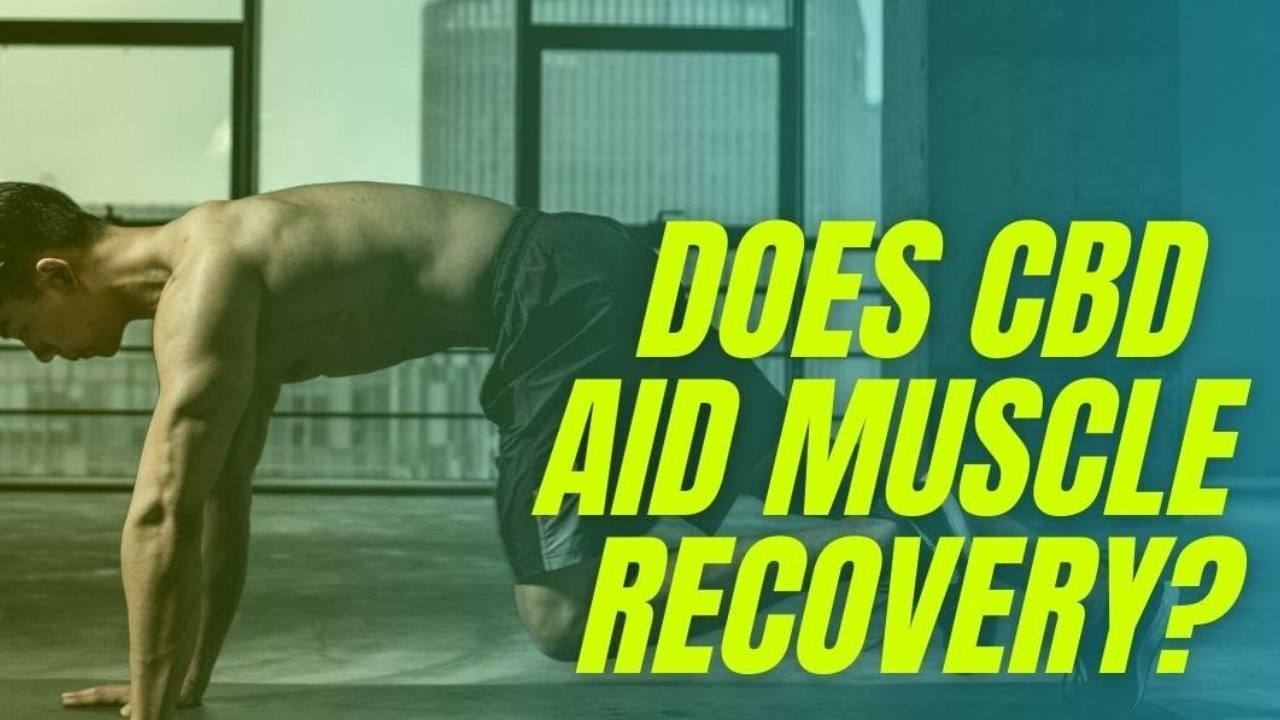How Does CBD Assist in Exercise, Muscle Recovery, and Mobility?
Apr 30, 2025
Introduction
Cannabidiol or CBD is being touted as a potential supplement to enhance fitness goals. This unique compound has anti-inflammatory properties, which may make it useful in reducing inflammation caused by exercise. In addition, cumulating evidence supports its role in faster post-workout muscle recovery and improved mobility. This positive response is based on the activity of the endocannabinoid system, which is responsible for regulating pain, mood, sleep, and internal cellular balance.
Why Use CBD for Exercise?
Before you embark on a new exercise routine or continue with an existing one, CBD may help maximize performance by reducing stress, improve oxygen delivery, reduce inflammation and pain signaling, and promote mobility. On the flip side of a post-workout, it could help to accelerate muscle recovery, reduce muscle, and joint inflammation.
I do not know about you but starting a new exercise routine or ramping up the intensity of an established regimen means sore and inflamed muscles. This soreness is called delayed onset muscle soreness or DOMS. Sometimes that pain can sideline an individual. How about an ally that will reduce the side effects and calm the muscle soreness storm? That secret is CBD.
Athletes know of the value of CBD. Cannabidiol is a secret weapon to athletes. Why may you ask? It helps an athlete push harder during a workout and aids in a quicker recovery after muscles is spent from pushing their limits or beginning to engage in new movements with weights. CBD has a soothing effect post-exercise for the muscle tears and inflammation that follows. A muscle cannot grow without stress and strain, it is part of the adaptive process. Much like pruning a plant to help it grow further, the same effect applies to muscles.
Look at professional baseball and football players acclaiming the benefits of CBD for their performance, muscle recovery and healing capacity post competition. What better advocates than full-time athletes who attest to the positive influence of this remarkable supplement. They are known to push past imperviable barriers physically and excel despite their grueling schedules and number of games they play each season.
Why Use CBD for Muscle Recovery?
We live in a world that promotes the phrase, “No pain, no gain.” There is truth to this message however, it will stop any amateur in their tracks from even starting an exercise routine for fear of the discomfort. That mental roadblock can be disrupted with the use of CBD. When we work our muscles more intensely, for a longer period or in a different manner than we may be used too, it will cause microscopic damage to the protein that makes up the muscle fibers. The subsequent muscle tears triggers inflammation of the affected muscle as the body works to repair it resulting in the characteristic aches, stiffness, and pain we feel after a workout. Since it takes some time for the inflammation to build up, the pain will usually start a day or two later following exercise and can last anywhere from three to five days.
Why Use CBD for Mobility?
Unfortunately, as we age our mobility can begin to erode. There is a catch-22 with age and mobility, the more we hurt the less one may move. Lack of movement is counterproductive which may lead to weight gain, fluid retention, poor blood circulation, lack of muscle tone, and increased joint stiffness making our muscles more susceptible to strain. These changes over time, whether chronic or intermittent, have an alarming effect on one’s mobility. Yes, an individual can take an over-the- counter pain reliever classified as a non-steroidal anti-inflammatory or NSAID, but those medication pose issue with our kidneys and increase the risk of a gastrointestinal bleed.
Consider CBD as an alternative approach which is lab tested and researched to show it has the same effect as an NSAID with less side effects. Research about CBD and DOMS is limited for now, however, the anti-inflammatory and antioxidant benefits that CBD brings helps with post-workout recovery. faster and reported considerably less muscle soreness post-workout.
Conclusion:
In professional sports the World Anti-Doping Agency has now removed cannabidiol from the prohibited substances for athletes. This change in professional sports will give the go ahead to further study this cannabis molecule to delineate its medicinal benefits in the high performing athlete. By reducing muscle discomfort and pain, CBD may make it easier for individuals to stay with their fitness routine and push through tough workout sessions. Consider incorporating CBD into a workout routine as your vehicle for muscle relief and the impetus to keep moving. The success in our aging is remaining active.
Pain has a way of disrupting that the desire to move, CBD might just be the missing ingredient to keep one moving and playing hard.

